Behavioral
Can AI Replace Human Debt Collectors?
New research co-authored by Yale SOM Professor James Choi finds that people are less likely to follow through on a commitment to repay a debt if it’s made to an AI agent. The finding hints at one area where humans may always retain an advantage over bots.
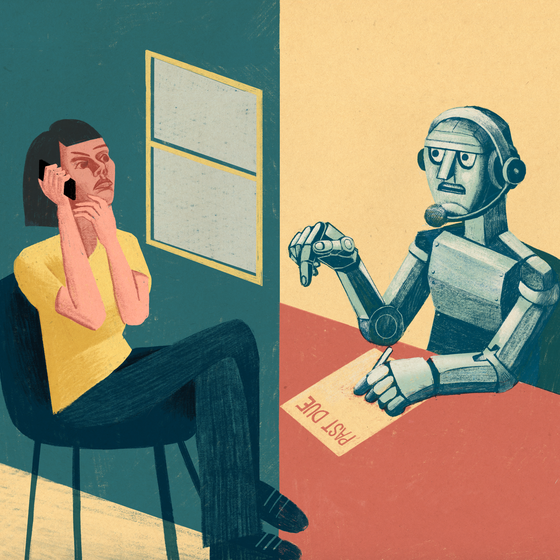
CEOs Invest Less in Corporate Social Responsibility When Their Own Money Is At Stake
A study co-authored by Yale SOM’s Kelly Shue finds that when CEOs have a larger financial stake in their companies, or when they face stronger shareholder oversight, they cut back spending on corporate social responsibility efforts.

The Best Leaders Use Intuition
In an excerpt from her new book, Yale SOM’s Emma Seppälä writes that drawing on instinct as well as analysis can help us make better decisions.

Can ChatGPT Accelerate Social Science Research?
Yale SOM’s Balázs Kovács and his co-authors spent years designing a computer-based method to measure “typicality.” In a new study, they found that ChatGPT could duplicate their results at a fraction of the cost.
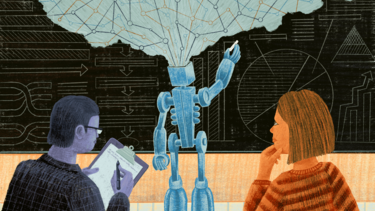
Raise the Bar: Research-Based Ideas to Improve Your 2024
Harness your own creativity, learn to leverage Chat GPT, and have some fun are three of the suggestions from our faculty to help you make your new year healthier, more rewarding, and more prosperous.

Our Most-Read Stories of 2023
This year, Yale SOM research examined sustainable investing, the dynamics of social media, the role of race in school discipline, and the complexities of airline pricing. And faculty offered expertise on issues in the news, including the changing workplace, noncompete agreements, the politics of ESG investing, the effectiveness of masks, the collapse of Silicon Valley Bank, and the Barbie movie phenomenon.
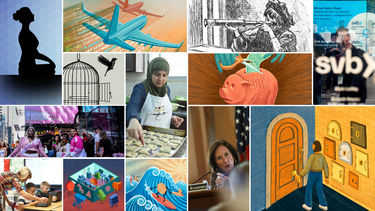
The Breathing Technique that Can Make You a Better Leader
Yale SOM’s Emma Seppälä found that a weeklong training in the SKY Breath technique provides a lasting reduction in anxiety and greater resilience to stress, even for those who don’t continue to practice it.

Does Having a Choice Provide an Illusion of Control?
A study co-authored by Yale SOM’s Joowon Klusowski and Deborah Small finds giving people a choice doesn’t makes them think they are more likely to achieve a positive outcome and provides an explanation of why the opposite can appear to be to be true.
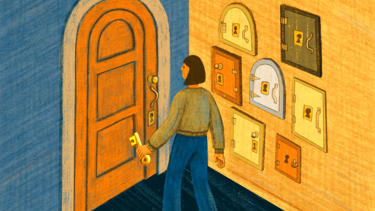
Lower-Income Employees Are More Likely to Remain at 401(k) Defaults, Even If It Costs Them Money
Automatically enrolling employees in retirement plans is a powerful tool for increasing savings. But Yale SOM’s James Choi and his coauthors find that once enrolled, people with lower incomes are more likely to remain at default contribution rates, even if they aren’t optimal.
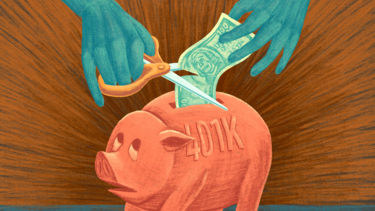
As Incomes Rise, Variability in Happiness Shrinks
New research from Yale SOM’s Gal Zauberman and former postdoc Bouke Klein Teeselink finds there’s both lower average happiness and greater happiness inequality among those with lower incomes.
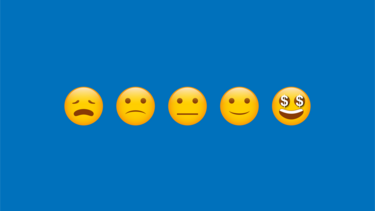
Can You Make a Donation Today—and Tell All Your Friends?
Sharing information about our charitable donations can multiply their impact. Prof. Deborah Small tested whether reframing why a donor should disclose a gift can help encourage them to spread the good news.
